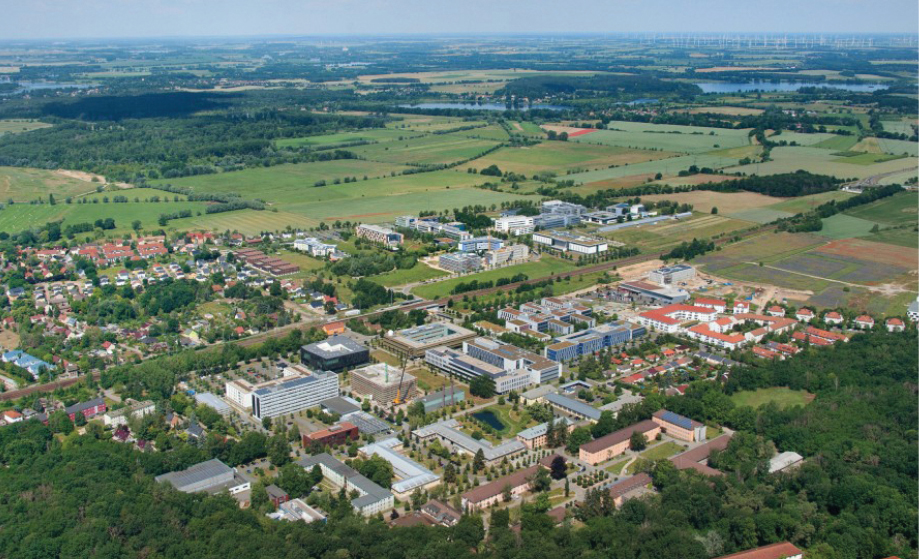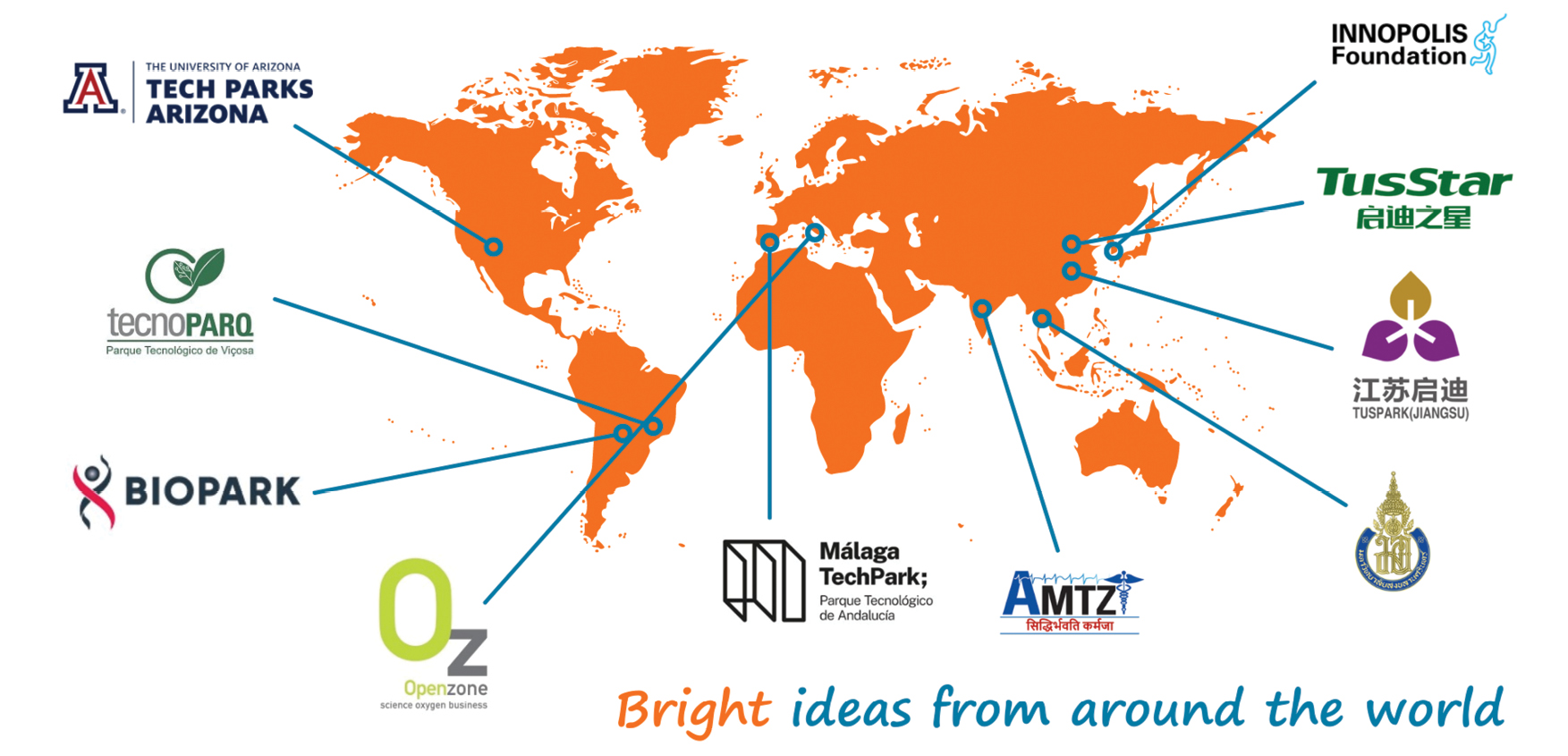Already known for its industry/university partnerships, scientific institutes and expanding Technology Campus, the 148-acre Potsdam Science Park in Germany is welcoming a new facility investment from DiGOS, a satellite tracking technology company founded by a Potsdam University graduate who says he wanted to do more with his IT degree than make apps.

Located in the Berlin-Brandenburg metro region, IASP member Potsdam Science Park is home to more than 40 research institutes and more than 12,500 researchers, company employees and students working on site.
Photo courtesy of Standortmanagement Golm GmbH/Luth Hannemann
Founded in 2014, the company employs 425 people today, and plans to house around 60 when it moves into a new HQ at the parks’ Technology Campus by 2026. As for tracking down the science park, “The connections to Berlin and the surrounding area are fantastic,” DiGOS Managing Director André Kloth said in an October release from the science park alerting the world to the park’s ongoing expansion. “We have the University of Potsdam on site with the institutes for astronomy, physics, computer science and geosciences. So it is of course a great advantage for us to use the academic potential for joint projects or the promotion of young scientists.”
As of last winter, enrollment at the University of Potsdam was more than 21,400 students, including more than 5,000 in science programs and more than 3,100 international students from 121 countries. The school is one of many affiliated with science and business park members of the International Association of Science Parks and Areas of Innovation Areas (iasp.ws), which the park just joined in 2020. A 2022 IASP Global survey found that more than 41% of companies based in its members’ parks and innovation areas were of local origin.
In September the organization saluted three 2022 IASP Inspiring solutions winners at its annual conference in Seville, Spain:
1st place: Korea Innovation Foundation (INNOPOLIS), South Korea, earned the top prize for its “INNOPOLIS AI Friends” initiative to help small companies adopt AI technologies via festivals, training, co-working spaces and pilot solution consulting that links entrepreneurs, academics, and researchers.
2nd place: Malaga TechPark, Spain, located in the IASP headquarters city, earned runner-up honors for “Innoinvest”, a project helping SMEs to access investment capital. “Working with fellow IASP members Tehnopol, Berlin Adlershof and Poznan Science and Technology Park, it’s a new approach to the investment process to help innovative SMEs to find business and/or financial partners,” IASP stated.
3rd place: Prince of Songkla University Science Park, Thailand, earned third place with “Harmonizing business with science and technology,” a program that helps Thai farmers compete in international markets, finding a new way to develop and sustain the agriculture sector via activities that encourage local farmers and entrepreneurs to seek new opportunities for local products.
Finalists for the honors included medical technology park AMTZ in Andhra Pradesh, India; Biopark in Brazil; Italy’s OpenZone; Jiangsu Innovation Research Institute’s Tuspark in China; and Tech Parks Arizona.

